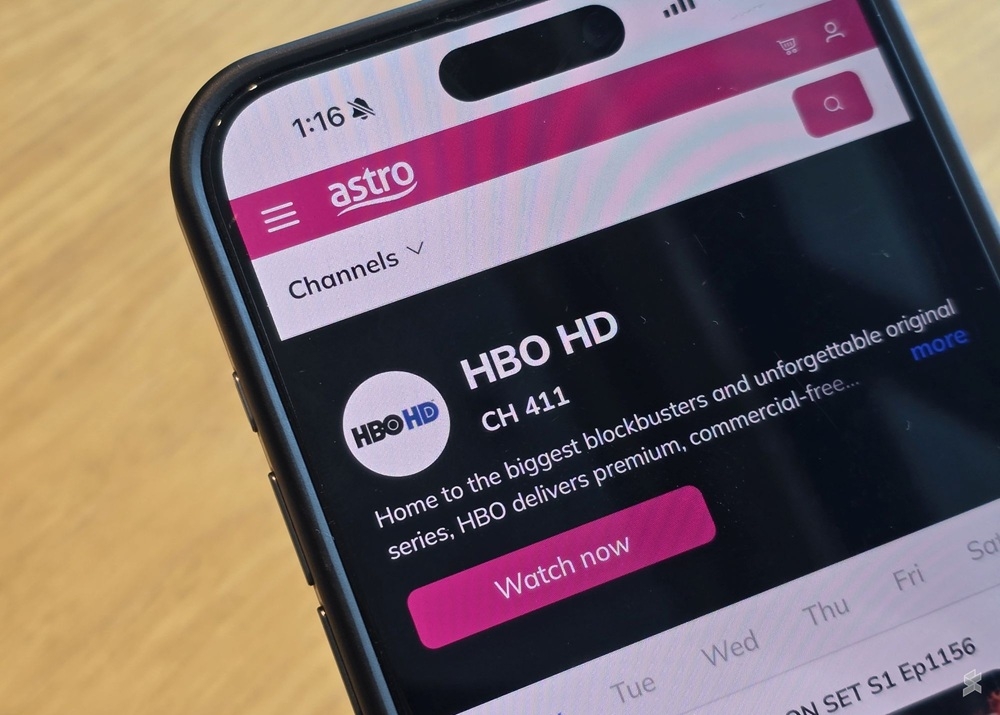NEW YORK, July 30 — Robinhood had a rough start on Wall Street Thursday, falling sharply in its Nasdaq debut after the fast-growing online trading app raised US$1.9 billion (RM8.05 billion) in an initial public offering.
Trading under the ticker “HOOD,” Robinhood Markets ended at US$34.82, dropping 8.4 per cent after entering the market at US$38.
The Silicon Valley firm, launched by two friends who met at Stanford University, has billed itself as an accessible and fun platform for young and first-time investors, scored outsized growth during the coronavirus pandemic.
But the company, which now has a valuation of around US$29 billion, has also drawn scepticism over its business model and criticism from key regulators over its practices.
Commentators on CNBC monitoring the IPO described the offering as “polarising,” with loud voices in the investment community on both sides.
“The brand Robinhood really stands for this next generation of consumers,” the company’s Chief Executive Vladimir Tenev said in an interview with the network.
The company had set aside 20 to 35 per cent of shares for customers in the initial offering, an unusually large portion for individual investors. But Tenev declined to provide the level of participation.
‘Next generation’ investors
Founded in 2013 by Tenev and Baiju Bhatt, Robinhood has pitched itself as a niche for underinvested “everyday people,” who are younger and more diverse, according to a prospectus. Robinhood’s median customer age is 31.
Individual investors using the app played a role in the so-called “Reddit Rebellion” earlier this year when retail investors on the social network joined forces to support beaten-down stocks such as GameStop and BlackBerry to fight back against institutional investors.
After sharp growth during the pandemic, the company had more than doubled the number of user accounts to 18 million at the end of March, with US$81 billion in assets under its custody, compared to just US$14.2 billion at the end of 2019.
The firm, whose commission-free stock trading model has been copied by some rivals, aims to grow further by attracting more customers, providing additional financial services to customers as they add wealth and expanding internationally.
Tenev highlighted cryptocurrency trading as another growth area, telling CNBC that trading on digital currency “is an accelerant potentially for international expansion in certain markets.”
Regulator risk
But Robinhood’s rise has not been without controversy.
Last month, shortly before the company filed papers to go public, it agreed to pay a US$70 million fine to settle charges from regulatory body FINRA that it harmed thousands of consumers through “false and misleading” communications and other lapses.
And the company has found itself in the crosshairs of the US Securities and Exchange Commission (SEC) and its chief Gary Gensler, who has taken aim at its business model.
Although Robinhood does not charge users commissions, it takes in revenue from other financial firms by routing trades to those companies, a practice known as “payment for order flow” that is barred in other countries including Britain and Australia.
Gensler said such arrangements raise questions about conflicts of interest and also enable firms to trade consumer data.
Tenev defended the practice, saying it “has led to a much (more) diverse set of people participating in the markets,” although he acknowledged it could be “better explained” to clients.
The company has disclosed a number of other investigations, including probes by the SEC and FINRA into whether company employees traded in advance of a Robinhood’s restrictions on transactions of GameStop and other equities at the height of the retail trading frenzy in January.
Bear market concerns
A bigger unknown may be the platform’s fate when the stock market no longer sees steadily climbing equity values as it has in recent months.
“How is their platform going to react and how is their client base going to react when there is a bear market and things are not so easy?” asked Briefing.com analyst Patrick O’Hare.
More questions surround Robinhood’s efforts to expand, including the possibility of offering retirement accounts which are a big business for incumbent financial giants, many times the size of the upstart. — AFP






















